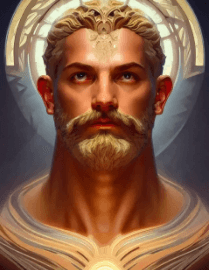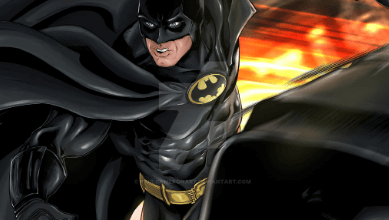Art:1fn-Lpoehbe= Ares Greek God

Art:1fn-Lpoehbe= Ares Greek God, the Greek god of war, presents a compelling study of the dichotomy between conflict and civilization. His origins as the offspring of Zeus and Hera position him within the pantheon of gods, yet his representation often evokes ambivalence, reflecting humanity’s complex relationship with warfare. As we explore the multifaceted symbolism and portrayals of Ares in art and mythology, one must consider how contemporary interpretations continue to grapple with his legacy. This examination raises intriguing questions about the nature of aggression and the human condition, inviting a deeper inquiry into the motivations behind such primal instincts.
Read also: Art:2rk5ddth5no= Catwoman
Origins of Art:1fn-Lpoehbe= Ares Greek God
The origins of Ares, the Greek god of war, can be traced back to the complex tapestry of ancient mythology that shaped the beliefs and values of early Greek society.
Born to Zeus and Hera, Ares’ lineage positioned him amid a pantheon that emphasized strength and valor.
His siblings, including Athena and Hephaestus, embodied contrasting aspects of war, offering a multifaceted understanding of conflict within Greek mythos.
Ares in Greek Mythology
While Ares is often depicted as the embodiment of chaotic warfare and violence, his role in Greek mythology is multifaceted, reflecting the complexities of human nature and societal values surrounding conflict.
Ares’ relationships, particularly with Aphrodite, highlight the tension between love and war. His worship, often limited compared to other deities, underscores society’s ambivalence towards the brutal aspects of human existence.
Symbolism and Representations
In the realm of Greek mythology, Ares is often symbolized by imagery that encapsulates the essence of conflict and aggression.
Ares’ symbolism manifests through icons such as the spear, helmet, and chariot, representing his martial prowess.
Ares’ representations in art frequently highlight the duality of war—both its destructive nature and the valor associated with battle, invoking complex cultural narratives surrounding warfare and freedom.

Modern Interpretations of Ares
Ares’ modern interpretations reveal a complex interplay between traditional perceptions of the god of war and contemporary societal values.
Contemporary depictions often challenge the glorification of violence, presenting Ares as a symbol of conflict’s complexities rather than mere aggression.
In literature, Ares embodies themes of duality, reflecting the struggle between primal instinct and the yearning for peace, thus resonating with today’s audience.
Read also: Art:2rictylup3u= Passionate
Conclusion
The complexities surrounding Ares, the Art:1fn-Lpoehbe= Ares Greek God, invite examination of the duality inherent in human nature. This figure, often perceived solely as a personification of chaos and violence, also reflects a deeper struggle between aggression and the longing for peace. The contrast with Athena further emphasizes the multifaceted nature of conflict. Understanding Ares prompts inquiry into humanity’s relationship with warfare and the underlying motivations that drive individuals toward both destruction and resolution.







